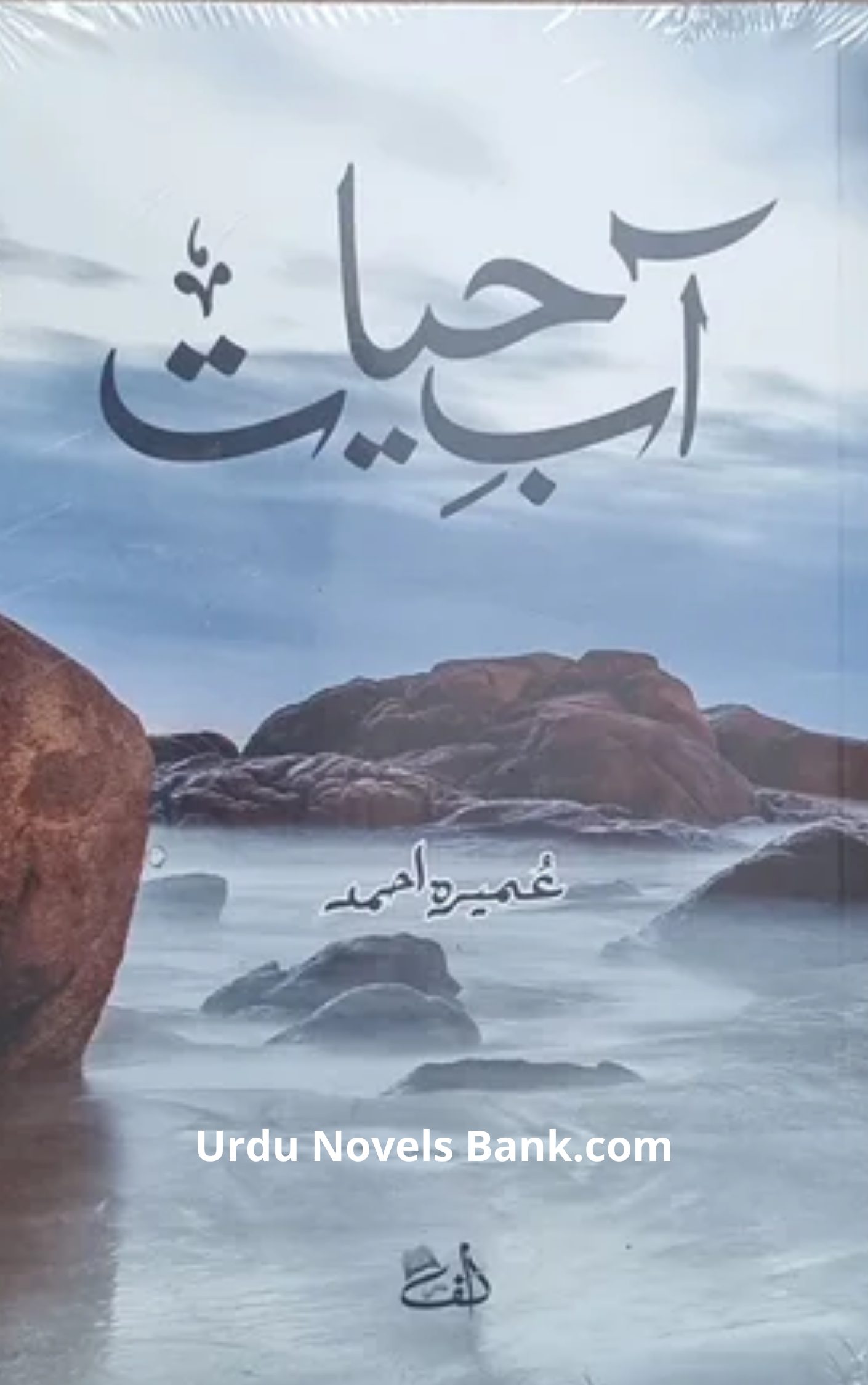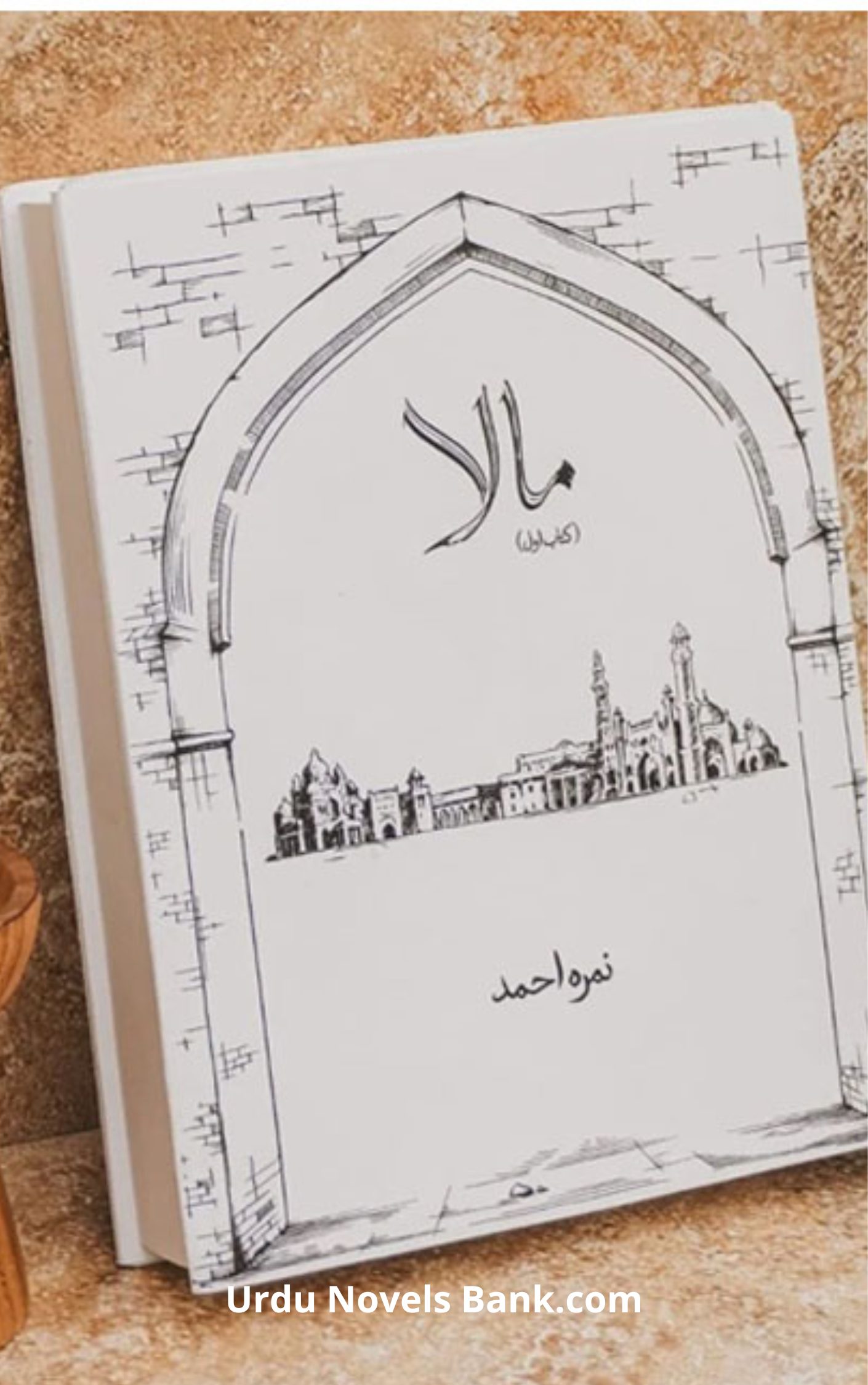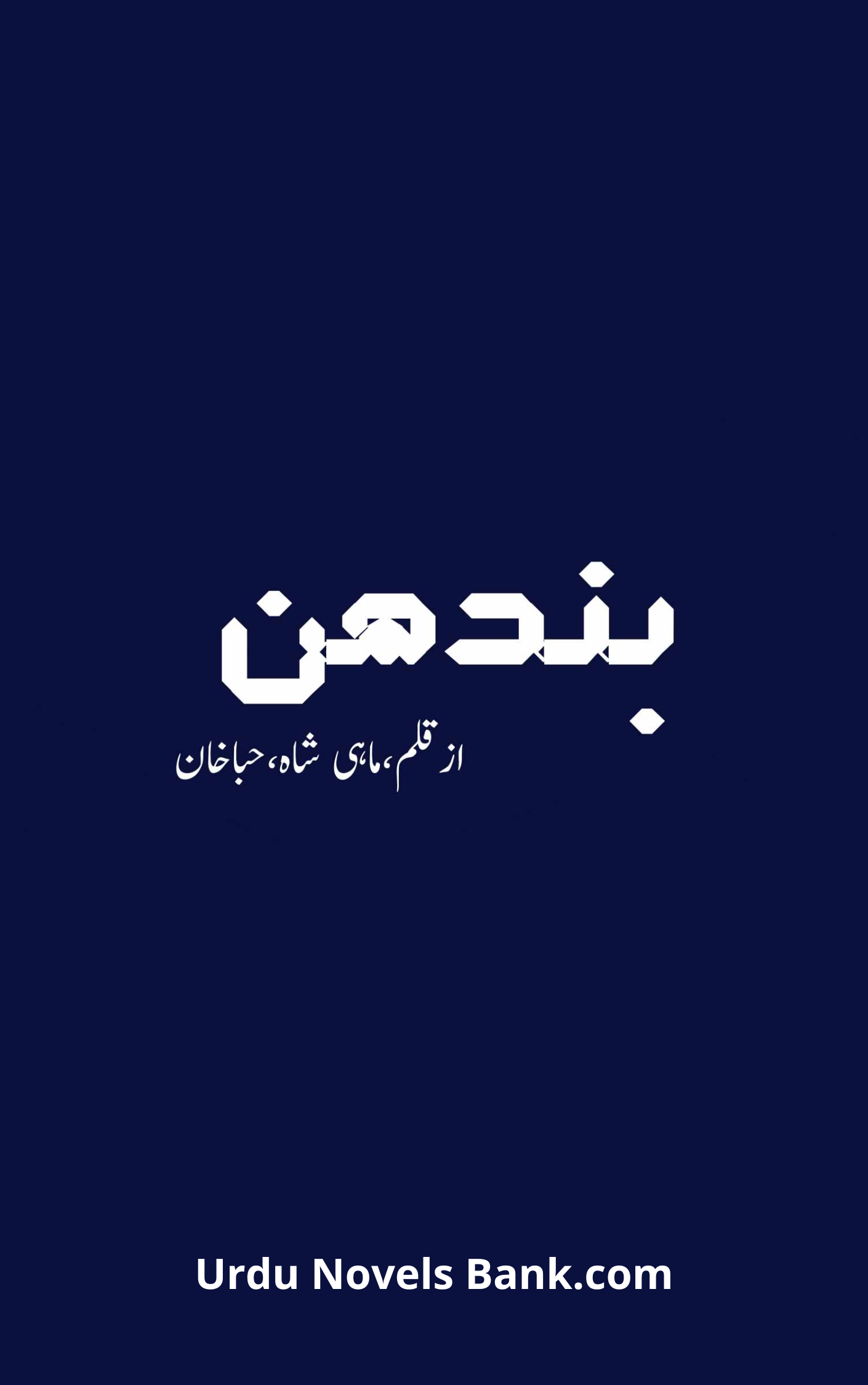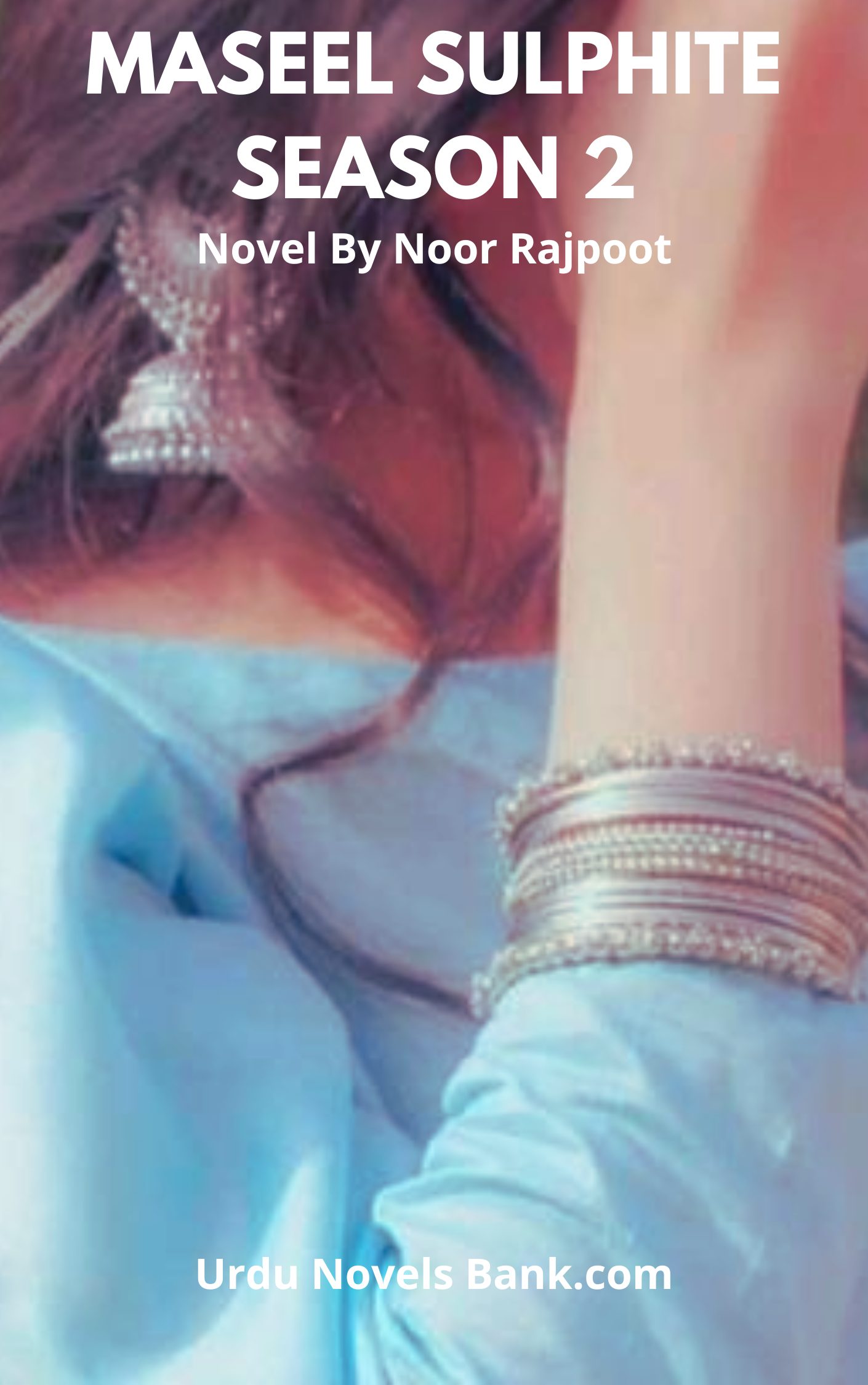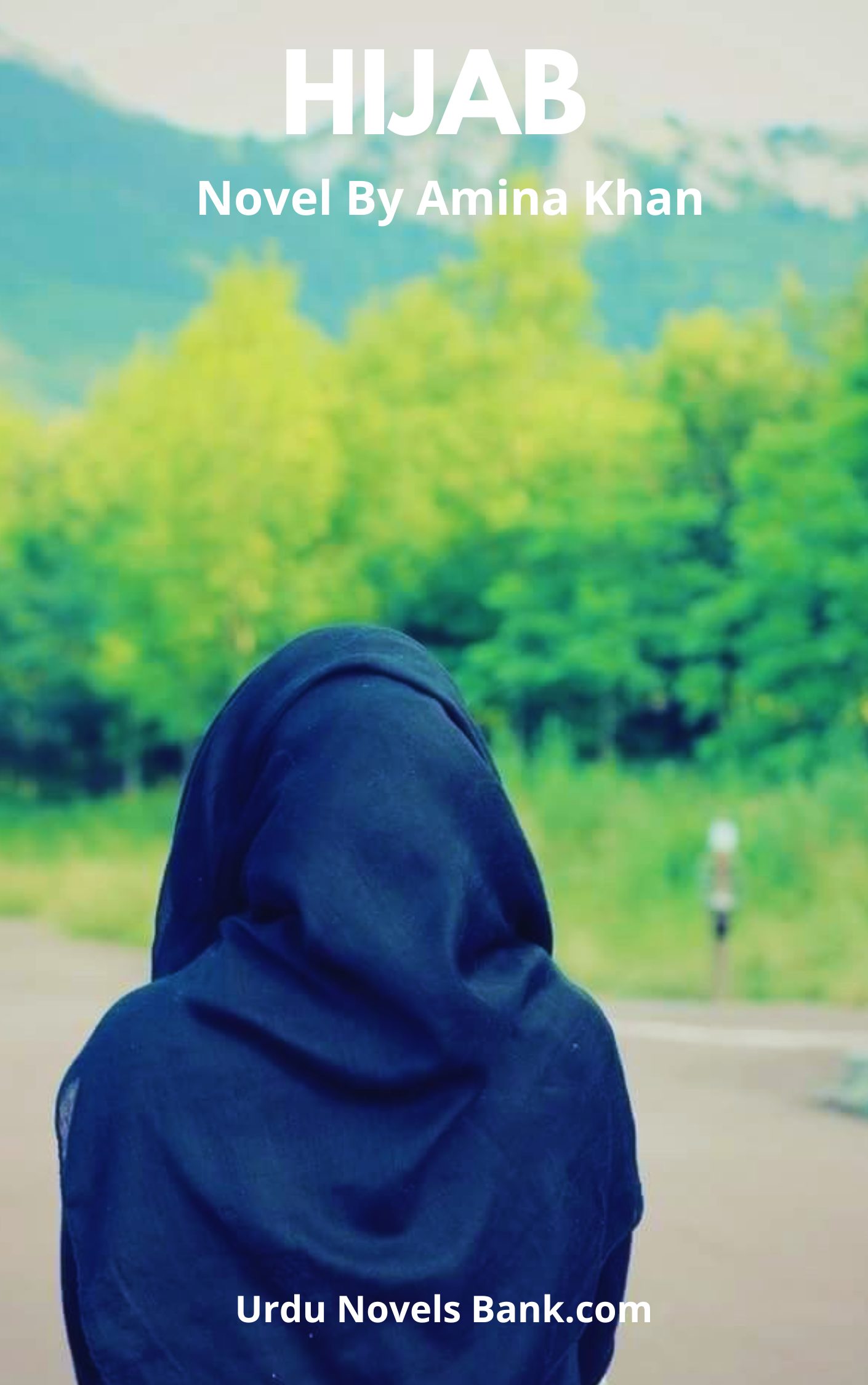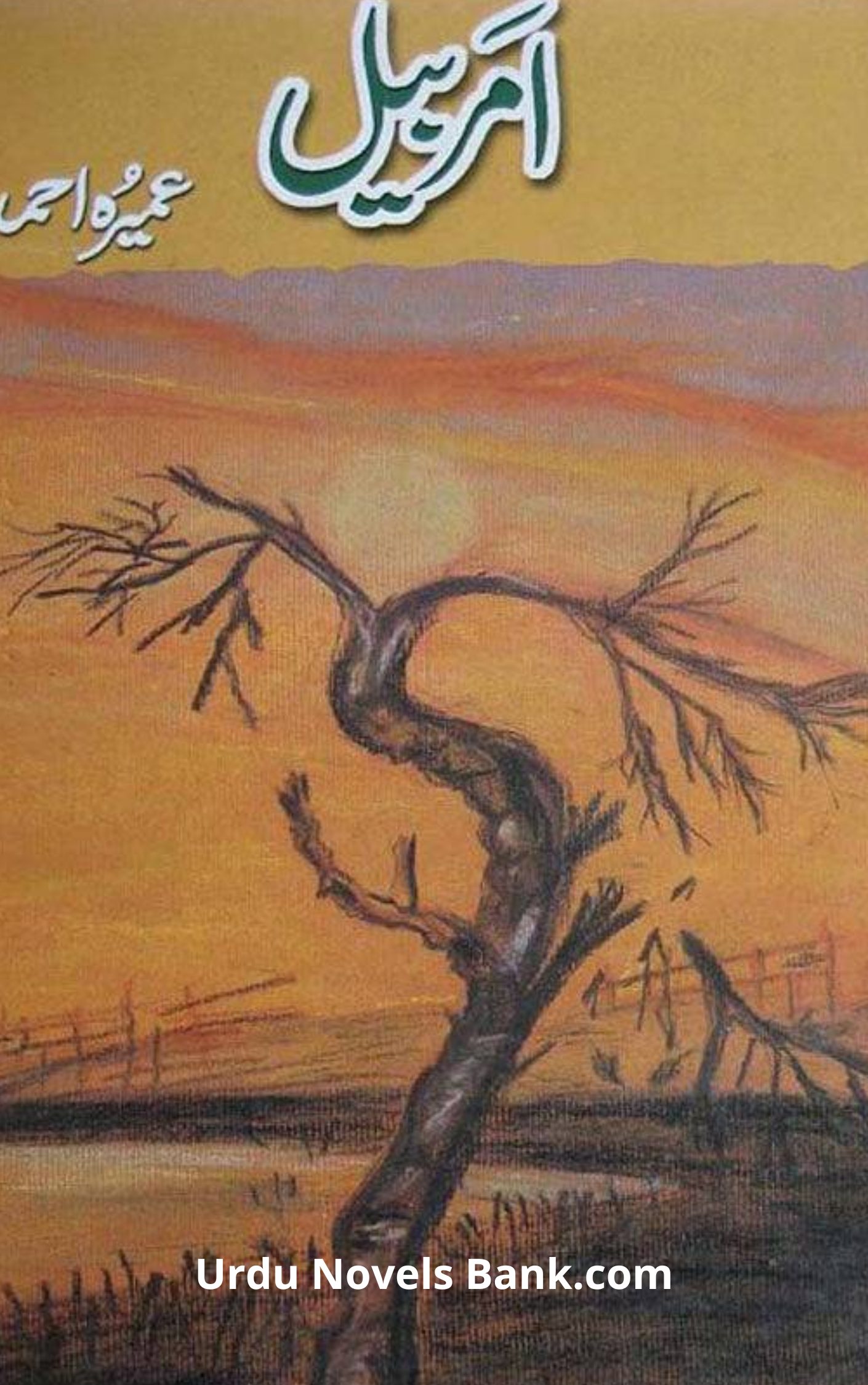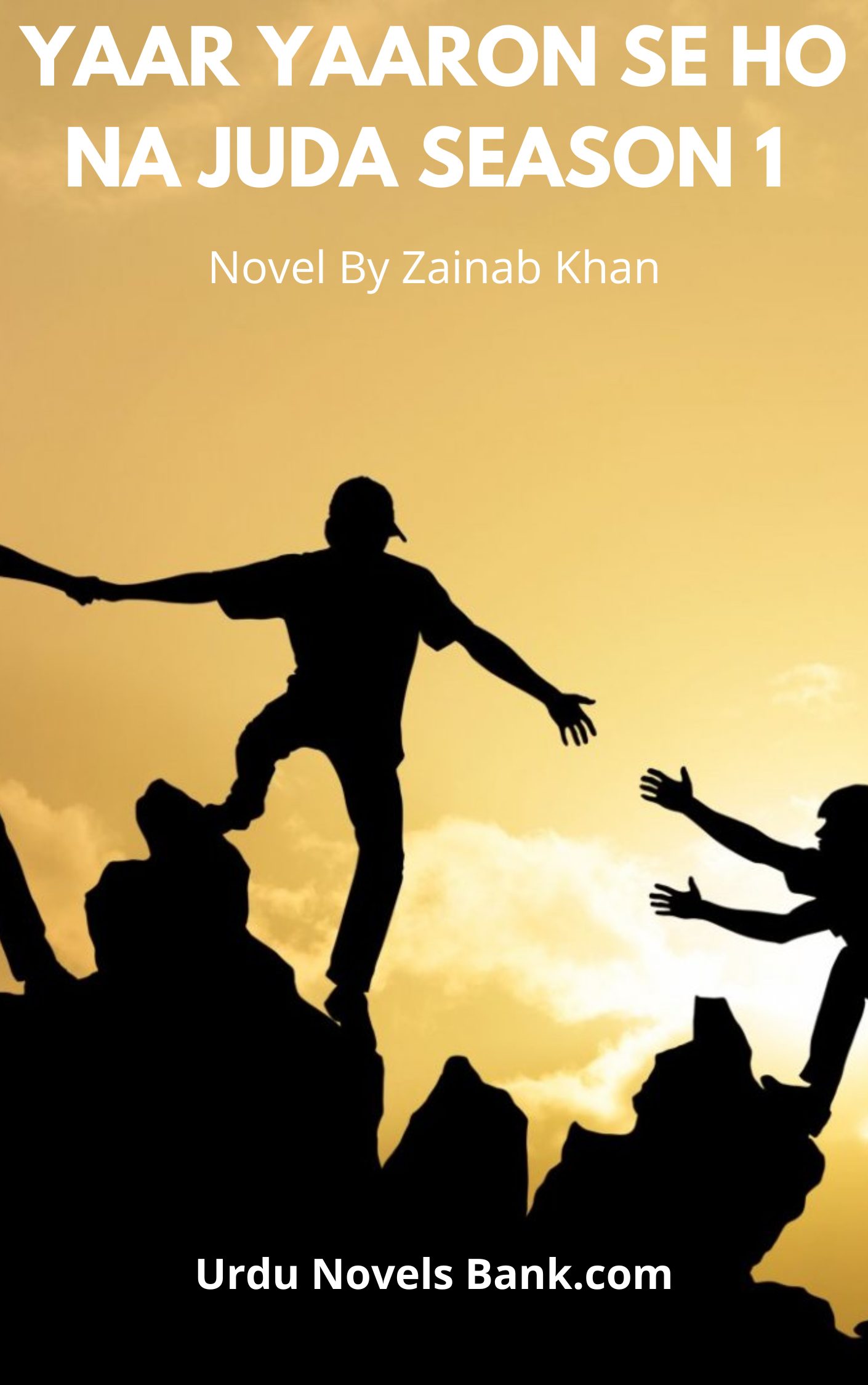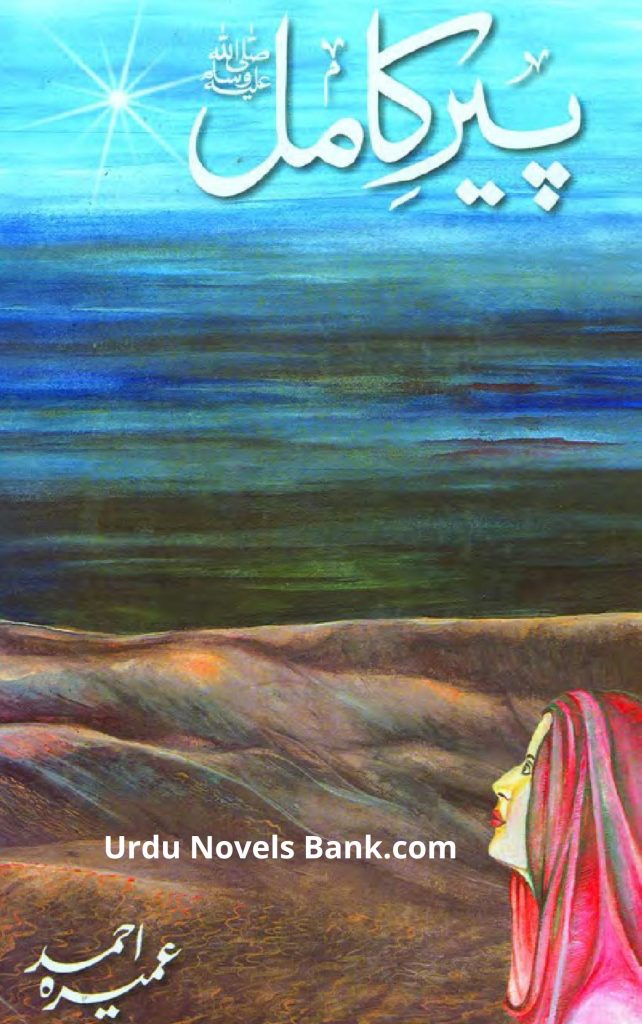
| Novel Name | Peer e Kamil Novel By Umera Ahmed |
| Writer Name | Umera Ahmed |
| File Size | 5.30 MB |
| File Type | PDF Format |
| Download Option | Available |
Read Also: Junoon e Yaram Novel Season 3 By Areej Shah
Peer e Kamil is a famous Urdu novel written by Umera Ahmed. This novel has touched the hearts of millions. It is known for its deep spiritual and emotional themes. Peer e Kamil means “The Perfect Mentor”. The story explores faith, love, and the journey to find inner peace.
The Plot of Peer e Kamil Novel By Umera Ahmed
The novel follows two main characters, Salar Sikandar and Imama Hashim. Salar is an exceptionally intelligent but disturbed boy. Imama comes from a religious family. Their lives take very different paths, but eventually, they meet. Their meeting changes both their lives forever.
- Imama Hashim is a medical student from a strict religious family.
- Salar Sikandar is an atheist with a brilliant mind but struggles with finding peace.
As their stories unfold, they discover faith, redemption, and forgiveness. The book shows the challenges of faith and personal struggles.
Main Characters
- Salar Sikandar: A boy with a high IQ but low emotional stability. He struggles with faith and purpose.
- Imama Hashim: A girl with strong religious beliefs. She faces challenges from her family, especially regarding faith.
- Hashim: Imama’s father, who plays a significant role in the story.
- Sikandar: Salar’s father, who is distant and focused on his career.
Themes in the Novel
- Faith and Religion: One of the strongest themes in Peer e Kamil is faith. Umera Ahmed has portrayed how faith can be both a guiding light and a challenge. Imama’s faith in Islam gives her strength to fight against her family and society.
- Redemption and Forgiveness: Another key theme is redemption. Salar finds redemption after meeting Imama. He starts to question his life and finds forgiveness in religion. His journey represents the power of repentance.
- Personal Growth: Both Imama and Salar grow through the novel. They face many struggles but emerge stronger. Their personal growth highlights the importance of resilience and hope.
The Influence of Umera Ahmed
Umera Ahmed is one of the best authors in Urdu literature. Her books are known for deep storytelling and strong characters. She has written many novels like Rooh-e-Yaram, Abdullah Hussain, and Bano Qudsia. Her work connects with readers on a personal level.
The Impact of Peer e Kamil on Readers
Many readers love Peer e Kamil for its spiritual lessons. The novel shows that no matter how lost someone feels, there is always hope. This message has inspired people to reflect on their own lives and faith. Readers appreciate the characters’ journeys toward spiritual awakening.
Relationship Between Imama and Salar
The relationship between Salar and Imama is central to the story. Imama teaches Salar about faith and life. Salar’s transformation shows that even the most troubled minds can find peace. Their relationship is a symbol of healing and growth.
The Role of Family
Family plays a big role in this novel. Imama’s family, especially her father Hashim, forces her into tough situations. They represent society’s strict rules on religion and identity. Salar’s family, on the other hand, is disconnected. His father, Sikandar, is too focused on work and neglects Salar’s emotional needs. The family dynamics add depth and show each character’s struggles.
Symbolism in Peer e Kamil
There is rich symbolism in the novel. The title itself, Peer e Kamil, symbolizes the perfect guide. For Salar, the perfect guide is faith. The novel also symbolizes the clash between materialism and spirituality. Salar represents material wealth and intellect, while Imama represents spiritual wisdom.
Reflection on Pakistani Society
The novel shows many aspects of Pakistani society, especially faith and personal freedom. Imama represents many Pakistani women. They struggle with their faith and family expectations. Salar symbolizes those who are lost in the material world and are searching for meaning.
Comparison with Other Novels
Umera Ahmed’s work can be compared to other great Urdu authors like Bano Qudsia and Saadat Hassan Manto. Like Gidh by Mustansar Hussain Tararr, Peer e Kamil explores deep themes. They are emotional and spiritual. It stands out due to its focus on spiritual awakening.
Philosophical Insights
The novel offers deep philosophical insights into life, religion, and the human mind. Umera Ahmed challenges readers to consider God’s existence and religion’s role in daily life. Salar’s journey from atheism to belief is a core part of this narrative. It’s a reflection on how our beliefs shape our lives.
Download and Availability
Peer e Kamil is widely available for readers. You can find it in PDF format on many websites. The novel is also available for free download on Urdu literature platforms. Readers can also access the novel on their Kindle or download it as an eBook. The download button below gives access to the full novel in Urdu.
Critical Reception
Critics have praised the novel for its deep characters and strong plot. Readers appreciate Umera Ahmed’s ability to connect with emotions. Peer e Kamil has been compared to great Pakistani authors, like Ashfaq Ahmed and Shaukat Siddiqui.
The Importance of Mental Toughness
The novel emphasizes the importance of mental toughness. Salar has suicidal thoughts. But, he learns to overcome them on his journey. Imama’s strength comes from her faith. It helps her face many challenges. It shows that faith and resilience help overcome personal hardships.
Conclusion
Peer e Kamil is a novel that touches the soul. Its deep dive into faith, love, and redemption makes it a must-read for fans of Urdu literature. The characters, themes, and story will stay with readers long after they finish the book. By reading Peer e Kamil, readers will not only enjoy a great story but also reflect on their own lives and beliefs. Umera Ahmed’s work continues to inspire and will remain a classic in Pakistani society.
